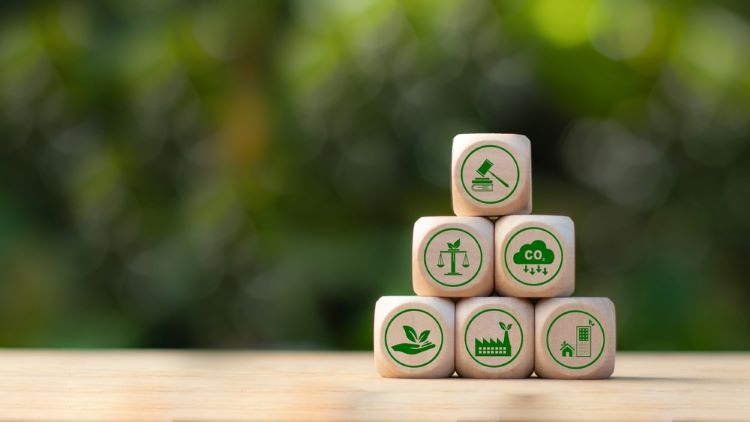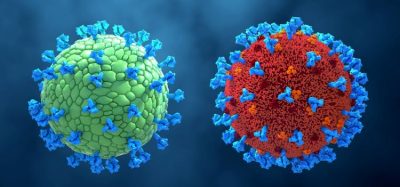EFPIA sets out targets for pharma environmental sustainability
Posted: 11 June 2024 | Catherine Eckford (European Pharmaceutical Review) | No comments yet
To drive environmental sustainability in pharma, EFPIA strives “to go beyond compliance on the targets set within the various EU legislative requirements as part of the EU Green Deal initiatives under the Zero Pollution, Circular Economy and Climate Action plans”.


The European Federation of Pharmaceutical Industries and Associations (EFPIA) and its members has declared its commitment to a set of science-based targets to help decarbonise the pharmaceutical sector, supporting environmental sustainability.
The organisation asserted that it is “essential to move away from traditional methods and adopt innovative practices that reduce our environmental impact.”
Enhancing environmental sustainability in the pharmaceutical industry
[EFPIA’s targets] include investing in renewable energy, driving circularity, and collaborating with stakeholders”
Overall, it is “committed to taking decisive actions to reduce our environmental impacts across the value chain and contribute to building resilient and sustainable health system”, EFPIA stated.
These actions include investing in renewable energy, driving circularity, and collaborating with stakeholders, according to the organisation.
EFPIA’s targets focus on:
Carbon reduction: Reduce greenhouse gas emissions across our operations and value chains while engaging our suppliers to do the same.
EFPIA stated the targets will align with the goals outlined in the Paris Agreement to limit global warming. It will also work to have the targets externally verified.
Investing to improve environmental sustainability: Improve energy efficiency and prioritise the transition to renewable energy sources to power our facilities and in the investment in low carbon clean technology solutions.
EFPIA added that it will explore opportunities for generating renewable energy on-site and investing in off-site renewable energy projects where viable.
Advancing circularity: Incorporate measures to improve resource efficiency within our operations and value chain.
EFPIA explained that this includes designing products for reduced environmental impacts, optimising manufacturing processes and supply chains as well as waste management, and employing sustainable packaging.
Collaboration: Identify opportunities to collaborate with other stakeholders such as other industry sectors, suppliers and authorities to share best practices, research findings, and innovations in decarbonisation efforts.
EFPIA highlighted that it will facilitate collaborative initiatives, such as industry-wide working groups, to foster innovation and collective problem-solving.
Pharmaceuticals in the environment: Continue playing an active role in addressing concerns around risks associated with pharmaceuticals in the environment (PiE). This includes engaging with stakeholders and industry to enhance processes and facilitate the detection of pharmaceuticals in the environment, in addition to lowering the quantity of pharmaceuticals released from manufacturing plants around the world.
In conclusion, EFPIA encouraged regulators of EU medicines to “prioritise the flexibility and support for innovation in the (re)development and supply of medicines to address climate, environment and sustainability targets”.
Related topics
Big Pharma, Biopharmaceuticals, Drug Development, Drug Manufacturing, Drug Supply Chain, Industry Insight, Regulation & Legislation, Research & Development (R&D), Sustainability, Technology, Therapeutics
Related organisations
European Federation of Pharmaceutical Industries and Associations (EFPIA)









